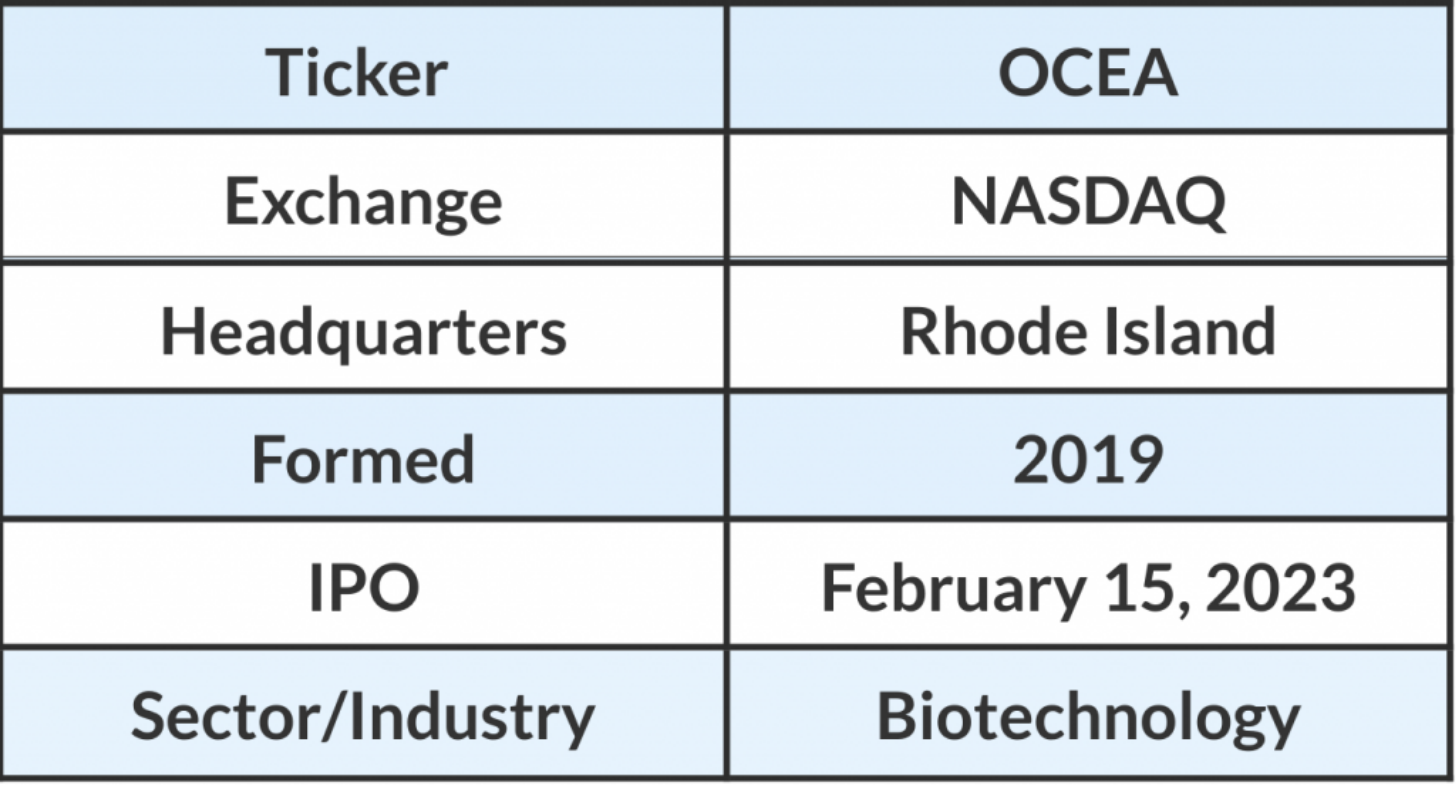Ocean Biomedical, Inc. (NASDAQ: OCEA) on Thursday provided an update on its broad range of programs in malaria, fibrosis, and multiple cancers. It is preparing to host a Research and Development Day on September 14, 2023, featuring a live Q&A with its scientific co-founders Dr. Jack A. Elias and Dr. Jonathan Kurtis, who will provide additional insights into their research and development work. The biotechnology company partners with scientists, research universities, and medical centers for developing and commercializing their discoveries
Ocean Biomedical’s oncology program is advancing several cancer immunotherapy approaches that have the potential to elevate the effectiveness of some of the cutting-edge cancer treatments available today, especially focusing on lung cancers and brain cancers. In addition to the multi-pronged cancer program, the company is advancing a novel malaria vaccine candidate and a companion malaria drug program. It is also working to advance a much-needed pulmonary fibrosis treatment candidate to raise the standard of care available to patients with pulmonary fibrosis.
Dr. Chirinjeev Kathuria, the company’s executive chairman and co-founder, said, “Ocean Biomedical is unique because we have such an interesting range of breakthrough discovery assets, any one of which could have potentially launched a company on its own. Together they put us in a position to really impact modern medicine on several important fronts.”
Cancer Program
In addition to advancing immunotherapies for lung, brain, and other cancers, the Ocean team is continuing to develop its understanding of the broad anti-tumor mechanisms behind its anti-CHi3L1 discoveries, working to patent additional discoveries, optimizing new treatment candidates, and expanding the potential application of its research and discoveries to more cancers beyond lung cancer and glioblastoma. That involves simultaneously examining several different antibody approaches, including some that combine with current first-in-class immunotherapy technology to potentially extend the life of those treatments and some that replace those treatments altogether with next-generation immunotherapy candidates.
“Our team is simultaneously targeting several major cancer pathways. Initial findings from our investigation of bispecific antibodies that target CHi3L1 in combination with other known suppressors of tumor growth and development are extremely promising,” commented Dr. Jack A. Elias.
Updates on the company’s advanced preclinical work in oncology include recent results showing the effectiveness of anti-CHi3L1 in brain cancer, creating a 60% reduction in tumor growth in human glioblastoma multiforme stem cell model in vivo; recent results showing major lung cancer tumor reduction of 85%-95% in primary lung cancer models of non-small cell lung cancer (NSCLC); experimental results demonstrating the company’s antibodies inhibit pulmonary metastasis including malignant melanoma; and extension of patent protections in the U.S. and overseas to cover potential treatments for multiple cancers including breast cancer, prostate cancer, colon cancer, rectal cancer, ovarian cancer, kidney cancer, lung cancer, brain cancer, and skin cancer.
Malaria Program
Across the scientific community, there is growing concern that the modern treatment paradigm for malaria is losing effectiveness. Best-in-class treatments have shown signs of decreasing efficacy as parasites grow resistant. Simultaneously, global warming has expanded the disease’s geographic reach, prompting the World Health Organization to warn of an expansion of malaria zones. This year, the U.S. saw some of its first native malaria cases in nearly 100 years, with cases appearing in Florida and Texas.
“It has become increasingly apparent that a new, more powerful class of antimalarials is needed, especially to combat severe malaria. We believe that our vaccine and therapeutic candidates could provide a comprehensive defense against some of the most devastating forms of the disease,” said Dr. Jonathan Kurtis.
Dr. Kurtis’ team is pushing their discovery science forward on several fronts to develop new solutions to address this urgent global need, including by advancing understanding and control of the mechanisms by which Ocean’s PfGARP antigen induces malaria parasite death; optimizing and developing an mRNA vaccine candidate based on discoveries of PfGARP, PfSEA, and another antigen that may be able to simultaneously target the malaria parasite at different stages of the blood cycle, ideally for prevention in sub-Saharan Africa; advancing a new therapeutic candidate for treating severe malaria; and advancing a new therapeutic candidate for malaria prevention, ideally for use by tourists, business travelers, or in short-term deployment situations.
Fibrosis Program
Ocean Biomedical’s scientists are also actively working to address the standard of care and treatment options for those suffering from Idiopathic Pulmonary Fibrosis, a patient population with a major unmet medical need. There are indications that the company’s candidate for treating IPF may also prove effective against many other fibrotic diseases.
The progress includes testing Ocean’s anti-fibrotic treatment candidate, “OCF-203,” which has generated impressive reductions of fibrosis in multiple models and reduced collagen accumulation by 85%-90%; experimenting with ‘pale ear’ mouse models, which have shown potential as a treatment candidate for Hermansky-Pudlak Syndrome (HPS), a rare disease that may hold potential for orphan drug designation; and evaluating Ocean’s anti-fibrotic treatment candidates’ potential for use beyond IPF and HPS, with possible application in scleroderma, alcoholic liver disease, and non-alcoholic steatohepatitis (NASH).
Elizabeth Ng, Ocean Biomedical’s CEO, commented, “Fibrosis, specifically Idiopathic Pulmonary Fibrosis, is a pervasive source of suffering. Current treatment options are not disease-modifying and there is unmet need for therapeutics with better efficacy and tolerability. Similarly, malaria and the cancers we are targeting are not adequately addressed by the current therapeutics because of efficacy or side effect shortcomings. We aim to raise the bar for how these diseases are handled, and we have been pleased with the progress our scientific and research teams have made on each of these targets.”
